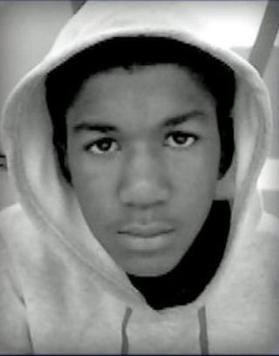
George Herriman, Krazy Kat [detail from comic strip], 1913 – 1944.
Fear of an Empty Life
by Jennifer Moxley
All the long imprint of a smooth utterance – a single adhesive
word slips away, snuggles beside the accusatory newborn
thought which, barking from lack of care, might trap in a moment
of serious sorrow me and my dirty heart, we twist the arm
of friendship ’til the ancient swing by the nonchalant body
is rewritten as a trembling, angry, grudge. Split along
the physique axis of wrested love and that human pulp
the wealthy mock, old need, a shuffle from the coffin lip
silences mind into fiddlehead body, bobbing in the fifty-fifty
sheets, weighty yet so pitiful it cannot coax solution – Darwin
was a fool, conductor of teeming masses, I see them now
in sedimentary patterns, crushed umber colors and a hint of green.
I am content when I do not think the disclosure of love is a
weakness, I imagine myself invincible like a bully who sees
in the fear he coerces from his weaker brother the only version of
truth he’ll believe – satisfied sleep. I awake drenched, the sweat
between my breasts which are so small they cannot touch is slick
as mucous. The surface of beauty is awful and enormous to all of us
who are left behind and yet we seek our coordinates, willfully
follow them just the same as the moon might seem from certain
angles to willfully follow the earth. Choking pink ribbon of thought
fails the ferry crossing. Who cannot push life-sustaining rationalization
away without remembering, as though an error of judgment,
the callow power of preservation turned to resentment of the race.
It cannot, no matter, in verse, be real. Fucked up beauty
subtracts the awkward ugly plain ache of tripped-up memory stores
where I see you as a taut wing of fragile older skin whose pride
of effort flaps in an attempt to fly amidst its own disintegrating
structure, a sight so ridiculous that all but the buried are unable
to suppress their laughter and turn away. That’s an image hovering
above me here where there is still in my imagination a cool carpet
underfoot, a flavor of drug’s seductive distances, the expense of
early exits but no gun, never a gun. That weapon steals time for it
knows not what’s in a minute. Tiny blindfold box of selfish stomach,
parasite life, the measure of a second is insufficient
to leave you behind, you and all your crippling indifference.
______________
Jennifer Moxley is the author of five books of poetry, most recently Clampdown (Flood 2009), a book of essays, and a memoir. In addition, she has translated three books from the French. Her poems have been included in two Norton Anthologies, Postmodern American Poetry and American Hybrid. Her book The Sense Record (2002) was picked as one of the five best poetry books of the year by both Stride magazine (UK) and Small Press Traffic (US). In 2005 she was granted the Lynda Hull Poetry Award from Denver Quarterly. Her poem “Behind the Orbits” was included by Robert Creeley in The Best American Poetry 2002. She is Professor of Poetry and Poetics at the University of Maine. On Wednesday April 16th at the invitation of Orlando Reade, Jennifer Moxley gave a reading of new poems with Andrea Brady in McCosh 40. “Fear of an Empty Life” appears in Jacket Magazine no6.






You must be logged in to post a comment.